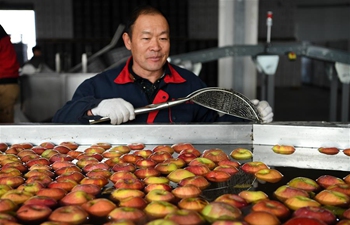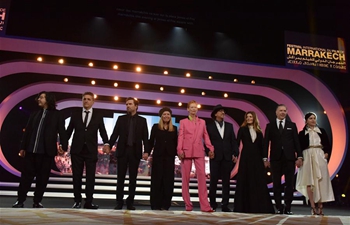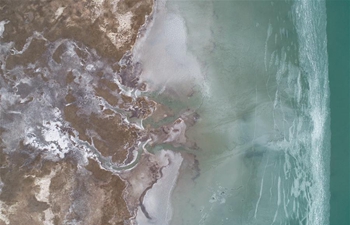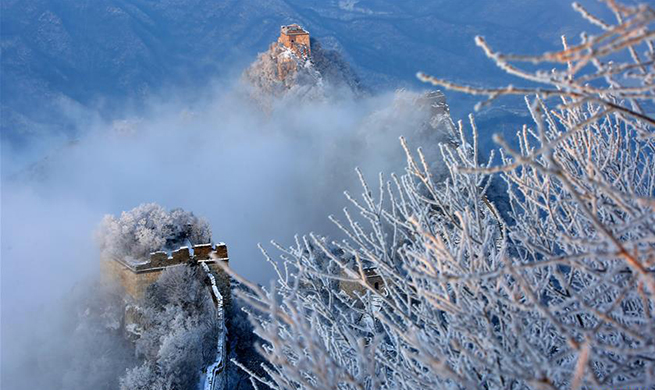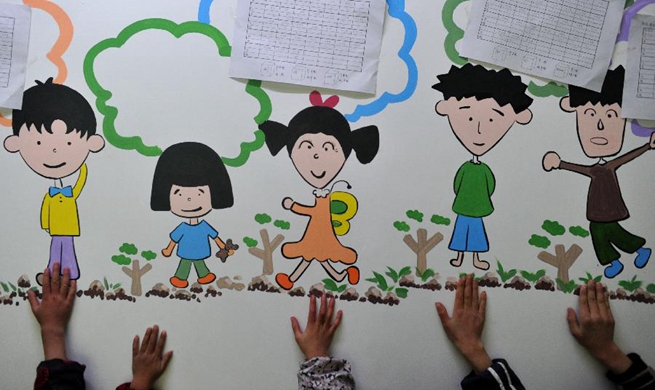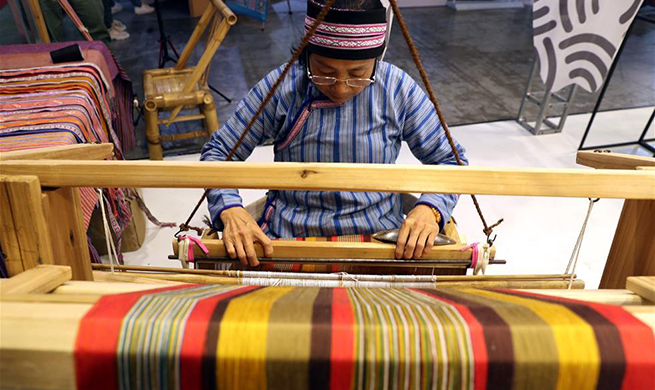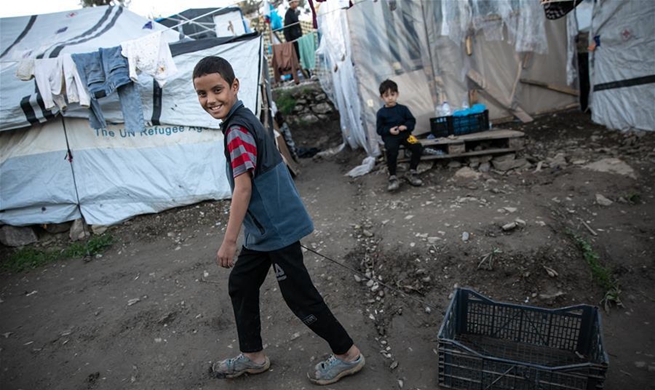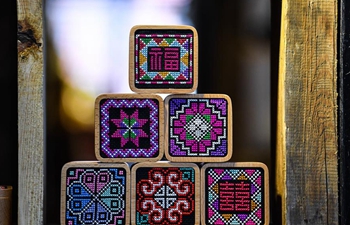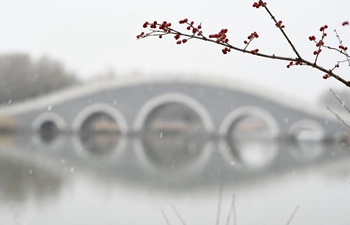KHARTOUM, Nov. 30 (Xinhua) -- Sudanese experts on Saturday said the prolonged negotiations regarding the disputed Grand Ethiopian Renaissance Dam (GERD) would not lead to settlement of outstanding issues among relevant countries.
The remark was made ahead of a new round of talks between irrigation ministers of Sudan, Egypt and Ethiopia, slated for Dec. 2 to 3, in the Egyptian capital of Cairo. During the talks, technical committees of the three countries will try to reach an agreement on the filling and operation of the GERD before Jan. 15, 2020.
"These negotiations will not lead to anything, that is why I left the Nile water file," said Ahmed Al-Mufti, former member of Sudan delegation to the Nile water negotiations and its legal adviser.
"If the outcomes of the technical committees are non-binding and the construction continues, it means that the negotiations are not serious," noted Al-Mufti.
He went on saying that "Sudan and Egypt have recently reached a conviction that the current negotiation is not feasible as it has been confined to marginal issues relating to the filling and operation of the dam. What matters more are the ensuring of water security and water supply, as well as that the dam would not collapse."
The expert stressed that the ongoing negotiations since 2011 have not reached any result, saying "therefore, Egypt asked for the mediation of the United States of America."
"No international intervention can achieve any result since the Declaration of Principles, signed by the three countries in 2015, still works," he added.
Haider Yousif, a Sudanese national expert in water resources, for his part, sees that Sudan and Egypt are in real trouble after signing the Declaration of Principles in 2015.
"This agreement has granted Ethiopia all rights relating to operating and filling the dam, while it has not given Sudan or Egypt any share in electricity, except for statements saying the two countries have the priority in purchasing the electricity from Ethiopia without specifying the price or quantity," Yousif said.
He explained that the biggest risk for Sudan is the safety of the dam, saying that "there are no precautions for earthquakes and volcanoes, while the dam is located at a region of volcanoes. There is a great risk of building such a huge dam of a capacity of 74 billion cubic meters of water."
Yousif, further, stressed that "legal argument" is the only solution for the issue.
The three countries' water ministers held a meeting in Addis Ababa, Ethiopia, last November, with participation of the U.S. and the World Bank as monitors.
During the meeting, the three countries presented proposals regarding the filling and operation of the GERD.
In March 2015, leaders of Egypt, Sudan and Ethiopia signed a declaration of principles committed to reaching an agreement regarding the GERD through cooperation. But differences are still standing despite the deal.
Ethiopia started building the GERD in 2011, while Egypt, a downstream Nile Basin country that relies on the river for its fresh water, is concerned that the dam might affect its 55.5-billion-cubic-meter annual share of the water resources of the river.
The GERD, extending on an area of 1,800 square km, is scheduled to be completed in three years at a cost of 4.7 billion U.S. dollars.

